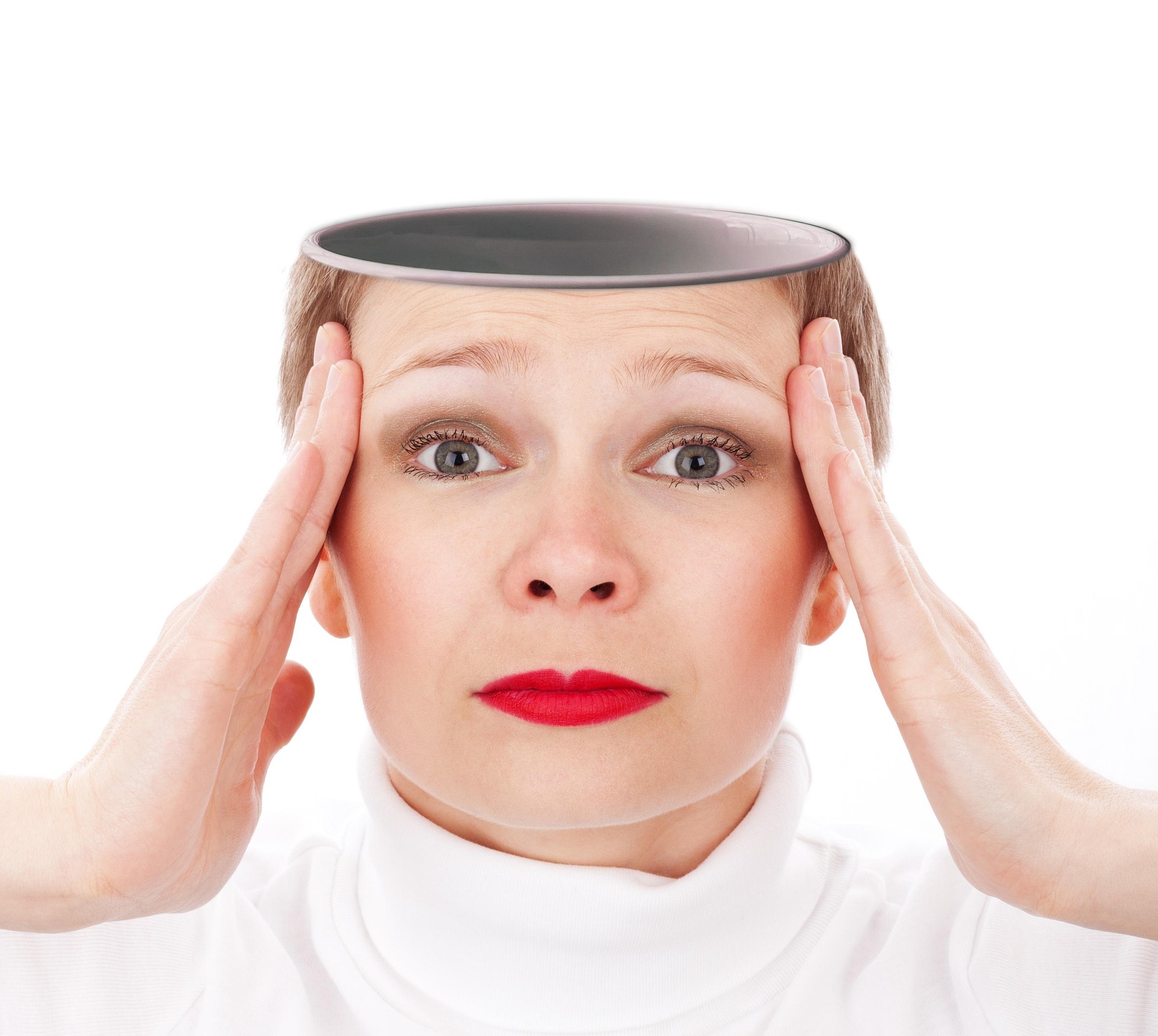
Mental Causes of Suffering (Samudaya)
Suffering, from a mental perspective, is rooted in a series of cognitive, emotional, and psychological processes. These mental causes operate subtly but persistently, shaping perceptions, reactions, and behaviors that perpetuate dissatisfaction. Here’s a detailed exploration of the mental causes:
1. Craving (Tanha): The Engine of Mental Suffering
Craving is not just about physical desires; it manifests deeply in the mind:
- Craving for Sensory Stimulation: The mind constantly seeks pleasurable sights, sounds, tastes, and other sensations. Overstimulation leads to restlessness, much like mental “junk food.”
- Craving for Identity: The desire to maintain or enhance one’s sense of self (ego) leads to mental exhaustion, as the mind obsessively clings to labels, roles, or achievements.
- Craving for Escape: When faced with discomfort or pain, the mind craves avoidance or distraction, leading to unhealthy coping mechanisms like procrastination or addictive behaviors.
2. Aversion (Dvesha): The Mental Pushback
- Resistance to Unpleasant Experiences: The mind reacts to discomfort with rejection or denial, leading to frustration and resentment.
- Anger and Hatred: These arise when the mind perceives threats or injustices, disrupting emotional balance.
- Fear and Anxiety: These are forms of aversion rooted in an inability to accept uncertainty or loss, leading to chronic mental tension.
3. Delusion (Moha): The Cloud of Confusion
- Misunderstanding Reality: The mind clings to illusions, such as the belief that material possessions or external success will bring lasting happiness.
- False Narratives: Cognitive distortions, like catastrophizing or all-or-nothing thinking, create mental turmoil.
- Overidentification with Thoughts: The mind treats fleeting thoughts as absolute truths, fueling unnecessary worry and self-criticism.
4. Attachment (Upadana): Mental Clinging
- Clinging to Past Experiences: The mind fixates on memories, whether joyful or painful, leading to nostalgia or regret.
- Clinging to Future Outcomes: Obsessing over desired results or fearing potential failures creates anxiety.
- Dependence on Validation: Seeking constant approval from others fosters insecurity and dissatisfaction.
5. Habitual Thought Patterns
- Rumination: Repeatedly dwelling on negative events reinforces neural pathways associated with stress and sadness.
- Negative Self-Talk: Criticizing oneself undermines self-esteem and resilience.
- Comparison: Constantly measuring oneself against others fosters envy and inadequacy.
6. Ego and False Identity
- Overinflation of the Self: A sense of superiority leads to arrogance and disconnection.
- Underestimation of the Self: Low self-worth results in helplessness and passivity.
- Defensiveness: Protecting the ego against perceived slights creates unnecessary conflicts.
7. The Illusion of Control
- Over-Control: The mind’s attempt to micromanage life’s uncertainties leads to frustration when things don’t go as planned.
- Under-Control: A sense of helplessness arises when the mind perceives itself as a victim of circumstances.
8. Lack of Insightful
- Distraction: The inability to focus on the present moment scatters the mind, creating stress.
- Autopilot Mode: Acting without awareness perpetuates unhelpful habits and reactions.
9. Emotional Dysregulation
- Overreactivity: The mind amplifies minor irritations, turning them into major grievances.
- Suppression: Bottling up emotions creates internal pressure that eventually leads to outbursts or breakdowns.
- Inconsistent Responses: Swinging between extremes (e.g., optimism and despair) destabilizes the psyche.
10. Interpersonal Triggers
- Conflict: Misunderstandings or perceived slights feed feelings of isolation or hostility.
- Dependence on Others for Happiness: Expecting others to fulfill one’s needs leads to disappointment and blame.
How These Mental Causes Interact
These mental causes are interdependent and reinforce one another:
- Craving leads to attachment, which amplifies aversion when desires are unmet.
- Delusion feeds craving by distorting perceptions of what will bring happiness.
- Habitual thought patterns strengthen delusion, making it harder to see the reality of impermanence and interconnectedness.
The Doctor’s Perspective on Healing Mental Suffering
A doctor might explain that these mental causes operate like a poorly managed mental “ecosystem,” where unhealthy patterns feed into and worsen one another. Just as a chronic illness requires lifestyle adjustments alongside medicine, addressing these mental causes requires deliberate effort, such as Insightful practices, cognitive restructuring, and ethical living.
Would you like suggestions on how to organize this for your book chapter, or more examples of how each mental cause can manifest in daily life?